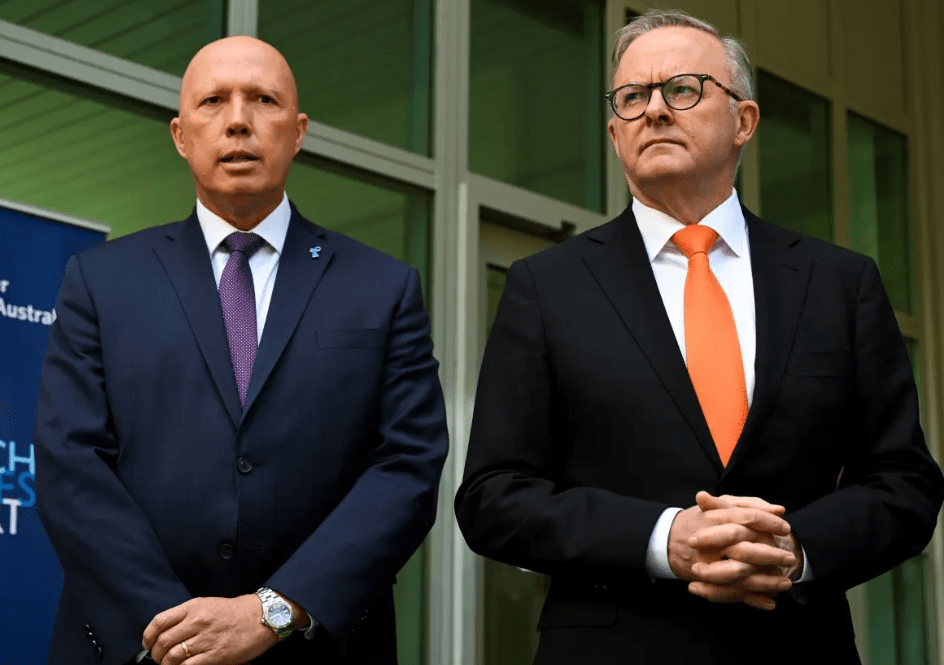Social media influencers are pushing misleading medical tests to millions of followers, often omitting critical risks and exaggerating benefits, a University of Sydney-led study has found.
The research, which analysed nearly 1000 posts on Instagram and TikTok, revealed that influencers were promoting controversial screening tests—such as full-body MRIs, genetic cancer screenings, testosterone blood tests, egg count assessments, and gut microbiome analyses—without scientific backing or proper disclaimers.
Most posts were promotional, lacked references to scientific evidence, and failed to mention potential harms. Shockingly, 68 per cent of influencers had a financial interest in promoting these tests.

“Overwhelmingly Misleading”
Dr Brooke Nickel, who led the research from the Faculty of Medicine and Health’s School of Public Health, warned that the trend is putting public health at risk.
“The vast majority of these posts were overwhelmingly misleading,” Dr Nickel said.
“They are being promoted under the guise of early screening, as a way to take control of your own health. The problem is they are unnecessary for most people and, in some cases, the science backing their efficacy is shaky.”
One example is the Anti-Müllerian Hormone (AMH) test, marketed as an “egg timer” to measure a woman’s ovarian reserve.
“It is being heavily marketed to women by influencers as a way of measuring fertility, but experts do not consider it to be reliable,” Dr Nickel said. “There is the concern that a low result discovered outside the context of a specific medical issue may drive some women to unnecessary, costly fertility interventions.”
Testosterone blood tests are another major concern.
“The testosterone test is often marketed to men using fearmongering tactics to then promote testosterone supplements, which claim to enhance masculinity and sexual performance. This is risky as the long-term safety of testosterone replacement therapy on cardiovascular health and mortality is still unknown,” Dr Nickel said.
Dangerous Misinformation
The study found that 87 per cent of posts mentioned the benefits of these tests, but only 15 per cent mentioned potential harms.
Dr Ray Moynihan, a co-researcher from Bond University, didn’t hold back in his assessment of social media’s role in spreading medical misinformation.
“These findings suggest social media is an open sewer of medical misinformation,” he said.
“This is a public health crisis that exacerbates overdiagnosis and threatens the sustainability of health systems.”
Real-Life Cases of Influencer Health Scandals
Medical misinformation on social media is not new. Belle Gibson, an Australian influencer, falsely claimed she had cured her brain cancer through natural remedies and alternative medicine, misleading thousands before being exposed.
More recently, influencers have been promoting full-body MRI scans, claiming they can detect hundreds of conditions early. However, health experts warn these scans can lead to overdiagnosis—finding harmless anomalies that trigger unnecessary medical treatments and anxiety.
Gut microbiome tests have also gained traction, with influencers touting them as the key to personalised health plans. However, experts caution that the science behind these tests is still developing, and their clinical usefulness remains questionable.
Calls for Regulation
The research team is now pushing for stricter regulations on misleading health content on social media, especially as platforms like Instagram scale back their fact-checking efforts.
“Given that social media platforms like Instagram are moving away from fact-checking their content, the need for stronger regulation to prevent misleading medical information has gained urgency,” said Dr Josh Zadro, senior researcher and co-author from the University of Sydney.
Until then, experts urge the public to be sceptical of health advice from influencers and to consult medical professionals before undergoing any tests.
5 Common Medical Tests Promoted by Influencers—and the Risks
| Test | Claimed Benefits | The Reality |
|---|---|---|
| Full-Body MRI Scan | Detects hundreds of conditions early. | No evidence of benefit for healthy people, high risk of unnecessary diagnoses and overtreatment. |
| Multi-Cancer Early Detection Test | Screens for over 50 cancers. | Clinical trials are ongoing, and there’s no proof that benefits outweigh risks of unnecessary diagnoses. |
| AMH or “Egg Timer” Test | Measures fertility potential. | Not a reliable fertility test, can lead to unnecessary and costly fertility treatments. |
| Gut Microbiome Test | Provides personalised health insights. | Science is still emerging, and there’s no clear evidence it improves health outcomes. |
| Testosterone Blood Test | Diagnoses hormonal imbalances and boosts masculinity. | No proven benefit for healthy men; long-term safety of testosterone therapy is uncertain. |
As influencers continue to push unverified health tests to millions, experts warn that social media’s obsession with early detection could do more harm than good.

